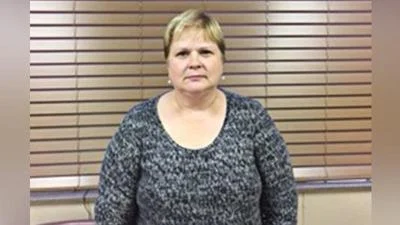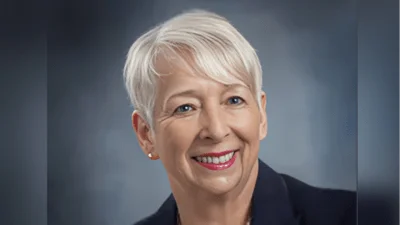Kristin Alfheim, Wisconsin State Senator for 18th District | www.facebook.com
Kristin Alfheim, Wisconsin State Senator for 18th District | www.facebook.com
According to the Wisconsin State Legislature's official website, the bill was described as follows: "cost-sharing caps on prescription drugs and medical supplies to treat asthma under health insurance policies and plans. (FE)".
The following is our breakdown, based on the actual bill text, and may include interpretation to clarify its provisions.
In essence, this bill requires health insurance policies and plans that cover prescription drugs to also cover asthma medications and related medical supplies, such as inhalers, necessary for effective treatment. It mandates that enrollee cost-sharing for asthma prescription drugs be capped at $25 per one-month supply and $50 per month for all related medical supplies, without deductibles, unless such limitations affect eligibility for a health savings account under federal law, in which case certain exceptions apply. The bill is effective from the first day of the fourth month following its publication.
The bill was co-authored by Representative Lee Snodgrass (Democrat-52nd District), Senator Dora E. Drake (Democrat-4th District), Senator Dianne H. Hesselbein (Democrat-27th District), Senator LaTonya Johnson (Democrat-6th District), and Senator Chris Larson (Democrat-7th District). It was co-sponsored by Representative Clinton M. Anderson (Democrat-45th District), Representative Deb Andraca (Democrat-23rd District), and Representative Margaret Arney (Democrat-18th District), along with 32 other co-sponsors.
Kristin Dassler-Alfheim has authored or co-authored another 34 bills since the beginning of the 2025 session, with none of them being enacted.
Alfheim, a Democrat, was elected to the Wisconsin State Senate in 2025 to represent the state's 18th Senate district, replacing previous state senator Dan Feyen.
In Wisconsin, the legislative process starts when a senator, constituent, group, or agency proposes an idea for a bill. After drafting, the bill is introduced, numbered, and referred to a committee for review and public input. If approved, it moves through three readings and votes in both the Senate and Assembly. Once both chambers pass the same version, the bill goes to the governor, who can sign it, veto it, or let it become law without a signature. Only a small share of bills introduced each session ultimately become law. You can learn more about the Wisconsin legislative process here.
| Bill Number | Date Introduced | Short Description |
|---|---|---|
| SB251 | 05/09/2025 | Cost-sharing caps on prescription drugs and medical supplies to treat asthma under health insurance policies and plans. (FE) |
| SB142 | 03/21/2025 | Algorithmic software for residential housing, and providing a penalty |
| SB69 | 02/26/2025 | An income tax subtraction for certain expenses paid by a school teacher. (FE) |






 Alerts Sign-up
Alerts Sign-up